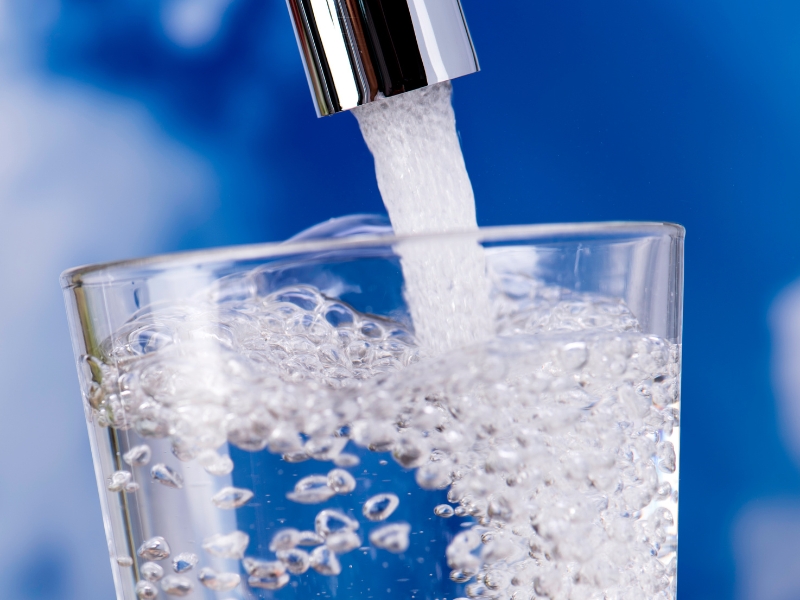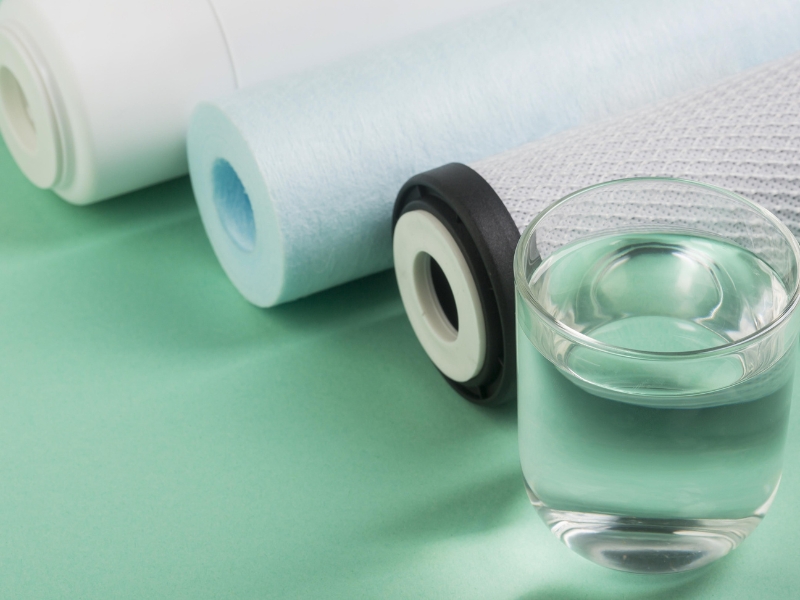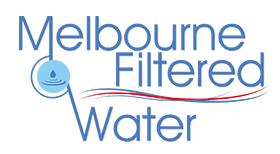
In a fast-paced commercial environment, every minor inefficiency chisels away at productivity. One often overlooked detail is the quality and consistency of drinking water. Poor taste, uncertainty over purity, and frequent downtime of water coolers can become grating annoyances. That raises the real-world question: which water filtration system is best for a busy office? You shouldn’t have to gamble on guesswork. The ideal system removes impurities, boosts staff wellbeing, and eliminates interruptions. Melbourne Filtered Water offers a smart water filtration system designed for fast-paced workplaces, striking a balance between performance and reliability. In this guide, we’ll delve into the problems filtration solves, the benefits for employees, how various operations—from cafés to schools—require distinct setups, and what maintenance practices keep your system running in the long term. By the end, you’ll be better placed to pick a system that truly meets the daily rigours of a busy workplace.
What problems can a water filtration system solve in commercial offices?
A commercial water filtration system solves issues like poor taste, chlorine exposure, equipment scaling, and inconsistent water access. Many offices lean on mains water or cheap jug filters. But that exposes you to several avoidable issues:
- Contaminant load: Chlorine, heavy metals (such as lead and copper), sediments, or microplastics may be present in the system.
- Taste, odour and appearance: Water that tastes “off” or looks hazy shakes trust.
- Scaling and deposits: Limescale clogs faucets, shortens heater life, and increases maintenance costs.
- Microbial risk: Stagnant piping (dead legs) can foster bacterial growth, especially in unused branches.
- Downtime and inefficiency: Clogged cartridges or failed parts result in service interruptions and lost productivity hours.
When these issues persist, staff avoid the tap, drink more bottled water, or feel fussy. Over time, such frictions drain morale and efficiency. That’s why forward‑thinking offices opt for reliable filtration systems that support healthier workplaces. Especially in Australia, investing in a water filtration system that aligns with local standards brings tangible benefits in taste and consistency.
How does a water filtration system improve employee well‑being?
It improves employee wellbeing by providing clean, safe, great-tasting water that encourages better hydration and reduces reliance on bottled drinks. A well-engineered filtration setup offers more than purity — it supports your people. Think:
- Steady taste and clarity: Crisp, trusted water means people drink more.
- Elimination of harmful agents: Filters can help reduce long-term exposure to metals and chlorine byproducts.
- Uptime you can count on: A reliable system means fewer excuses not to hydrate.
- Less bottled waste: Fewer plastic bottles around the workplace — simpler, cleaner.
- A subtle signal of care: Good amenities show that you take staff welfare seriously.
In contrast, if staff doubt the water, they may underhydrate or go offsite. Additionally, when comparing types of water filter systems — from carbon blocks to reverse osmosis — you want something that strikes a balance between performance and ease of use.
Why do restaurants and cafés need a dedicated water filtration system?
Restaurants and cafés require dedicated filtration systems to safeguard their equipment, maintain water quality, and meet hygiene standards in high-volume operations. In hospitality, water is more than just hydration: it’s part of your product, your equipment, and your reputation. Key pressures include:
- Flavour purity: Coffee, tea, soups, ice — all depend on clean, neutral water.
- Scale control: Espresso machines, boilers and dishwashers benefit from demineralised water.
- Health & safety: Microbial control is non-negotiable in the food service industry.
- Peak loads: Filtration must handle surges — not just a steady trickle.
- Perception: Customers expect impeccable hygiene; visible, clean filters reinforce that.
Below is a simple comparison of water demands in general offices vs a café setting:
| Parameter | Typical Office Use | Café / Restaurant Use |
| Daily volume | Moderate, spread out | High peaks during service |
| Quality sensitivity | Moderate | Very high (taste, clarity) |
| Equipment strain | Minimal | High (espresso/machine scaling) |
| Microbial risk | Lower | Elevated, due to humidity & heat |
| Required redundancy | Low | High (failover systems) |
If you’re in the hospitality industry, restaurant water filtration systems delve into the type of system that suits brewing, dishwashing, or bar use. In some specialised applications, a distillation water filter may be deployed to tightly control mineral content.
When should schools upgrade to a modern water filtration system?
Schools should upgrade their filtration systems when the plumbing ages, water quality complaints increase, or safety regulations become tighter. Schools demand extra diligence. Consider upgrading when:
- You receive consistent complaints about smell or taste.
- Old pipes begin to corrode and leach metals into the surrounding environment.
- New buildings or extensions stretch water lines.
- PFAS, lead or microbial risks are flagged in aging infrastructure.
- A new policy or regulation raises standards.
Delays can hurt your reputation. That’s why compliance with Australian standards for safe workplace drinking water should be more than a box-tick — it’s part of your duty of care. For broader campus setups, a whole-house water filter is sometimes used to protect multiple endpoints simultaneously.
How do chilled and sparkling water units fit into workplace hydration needs?

Chilled and sparkling units make water more appealing, support hydration goals, and reduce the demand for bottled alternatives. Filtered tap water is fine — but many staff prefer cooler or fizzy options. Chilled/sparkling units offer:
- Crisp, cool water during hotter days.
- Bubbly options that encourage drinking more.
- On-demand dispensing to curb waste.
- One-box solutions that combine filtration, chilling, and carbonation.
- Scalable capacity for break and lunch surges.
To integrate smoothly:
- Ensure your upstream filtration handles full flow (carbonator inclusive).
- Use bypass or redundancy so carbonation servicing doesn’t kill all the water.
- Scale cooling for peak demand.
- Manage CO₂ gas discreetly and safely.
Sparkling taps aren’t just gimmicks — they drive better hydration habits, and that flows through into focus, appetite, and morale.
How can maintenance extend the life of a water filtration system?
Routine maintenance prevents breakdowns, ensures consistent quality, and helps filtration systems last longer with fewer service disruptions. A top-tier system still needs caretaking. Good maintenance includes:
- Scheduled replacements of cartridges or membranes before performance dips.
- Backwash and rinse cycles, especially for media filters.
- Monitoring pressure and flow trends — sudden shifts often hint at trouble.
- Water testing (microbial, chemical) to validate ongoing performance.
- Sanitising housings/piping to thwart biofilm growth.
- Record-keeping logs for service history and anomalies.
Cutting corners leads to degraded performance, unexpected downtime, and costly emergency fixes. Whether it’s a corporate office or café, a steady upkeep routine underpins long-term success. This care forms part of any practical water purification roadmap.
Final thoughts on choosing the proper filtration for workplaces
Choosing the right filtration system depends on your specific space, water source, daily water usage volume, and staff expectations. By now, the answer to which water filtration system is best should feel more tangible: there’s no one-size-fits-all. Offices require steady output and minimal touch; cafés demand pristine flavour and high load tolerance; schools must prioritise safety; and modern staff expect more than tepid tap water. If you’re assessing fit, service or setup, learn how Melbourne Filtered Water delivers more innovative filtration systems — work with a local specialist who understands your unique demands. No single system performs everywhere. However, with careful design, proactive maintenance, and a good relationship with a trusted provider, you can stop worrying about water — and let it simply work. After all, that’s the goal when you’re choosing the best water filter system for your workplace.
